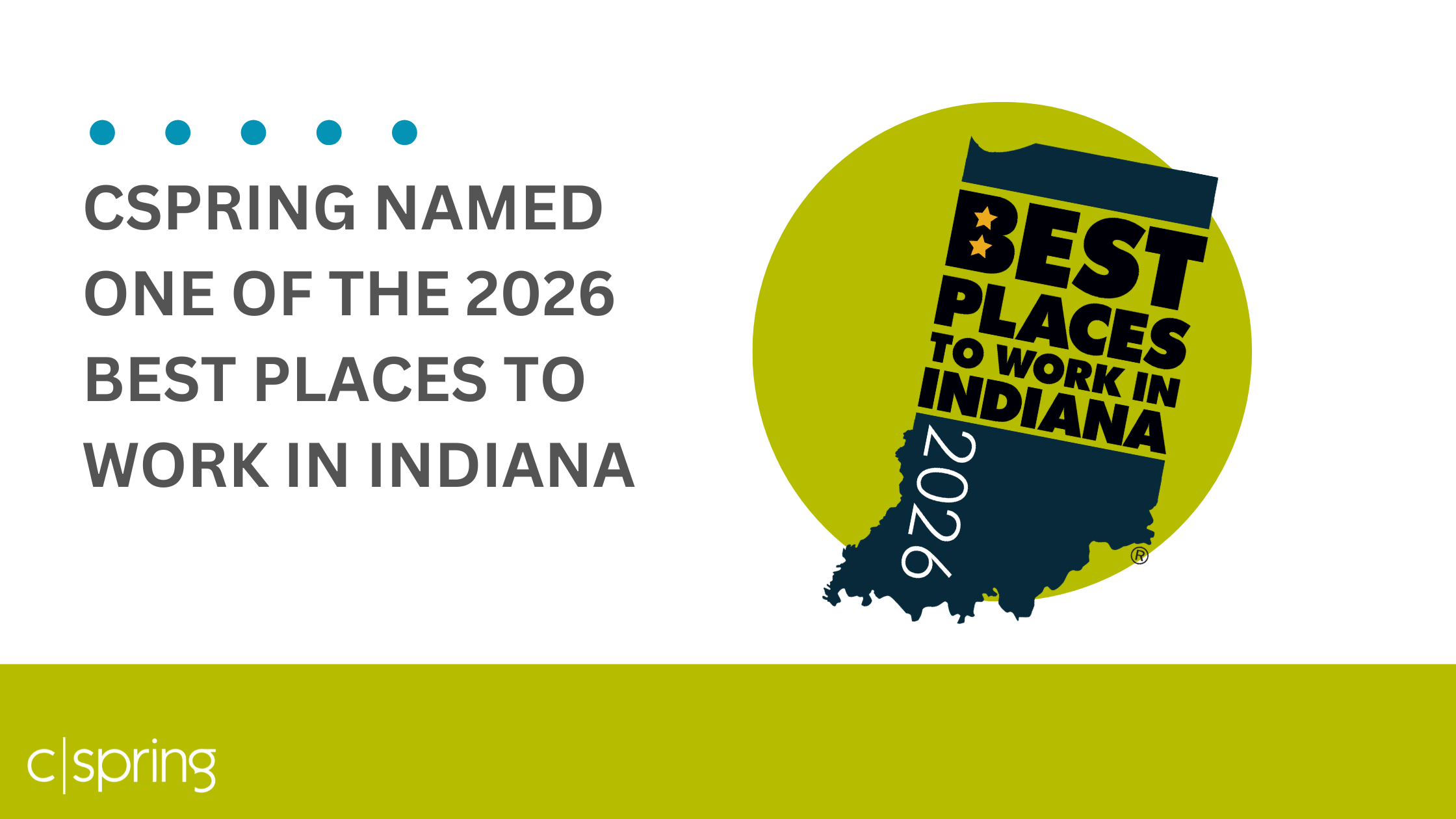STRATEGY JOURNEYfrom fragmented data to an enterprise strategy that works
A public-sector agency invested in data governance, but lacked alignment across people, processes, and technology. CSpring helped turn that foundation into a clear, actionable enterprise data strategy.
Make better decisions with data you trust.
Are you ready to turn scattered, unreliable data into clarity, confidence, and actionable insight — so you can move your mission forward?
You shouldn’t have to debate the data. CSpring brings the solutions and expertise to help you build trust in your data, align your people and systems around a shared source of truth, and accelerate results.
Even great leaders get stuck sometimes.
When reports conflict, systems don’t connect, or teams lose confidence in the numbers, we help restore clarity and confidence. These Data Journeys show how organizations simplified complexity, aligned teams, and moved forward with the help of CSpring.
ENGINEERING JOURNEYhow one company rebuilt its data foundation for real-time insight
An automotive services company depended on daily reporting across dozens of locations, but fragile pipelines and inconsistent data slowed decisions. CSpring modernized their data foundation, restoring reliability, speed, and confidence in the numbers.
ANALYTICS JOURNEYusing location-based data to improve childcare accessibility
A statewide agency needed to revise childcare assistance guidelines but lacked visibility into access gaps. CSpring used geospatial analysis to reveal underserved regions and support more informed, equitable decisions.

We Make Data Work for You - Not the Other Way Around
Most organizations drown in data but lack what they really need: clarity, trust, and consistency. When systems don’t connect and teams use different numbers, decision-making slows and confidence erodes. These are some of the most common challenges we see:
- Systems don't talk to each other
- Reports contradict themselves
- Teams work from different definitions
- Manual workarounds drain time and energy
- Leaders question the numbers instead of acting on them
Our Services
Strategy & Advisory
We help you build a modern data strategy that unifies systems, people, and priorities. By resolving conflicting data, strengthening governance, and supporting compliance, we give leaders clarity, shared standards, and a trusted path forward.
Data Engineering
We design and build reliable, scalable data foundations using modern, cloud-native engineering. This eliminates fragile processes, manual transformations, and delayed reporting, delivering real-time insights and resilient systems you can depend on.
Data Analytics
We transform complex data into clear, intuitive dashboards that leaders and teams trust. By removing confusion and inconsistency, we create alignment, transparency, and confidence in every decision.
Support & Training
We provide the expertise and support organizations need to sustain and optimize their data and technology investments. Whether through fractional expertise, staff augmentation, or hands-on training, we help team operate confidently and independently over time.
A clear, practical path to confident data-driven decisions.
Discover & Assess
We start by understanding your goals, data challenges, and constraints, so recommendations are grounded in your reality and focused on what matters most.
Design & Chart the Steps
We craft a tailored strategy with clear priorities and next steps, moving at the right pace to build alignment, momentum, and confidence.
Deliver & Support
We implement solutions and provide the expertise, guidance, and capacity you need, ensuring progress is sustainable and teams are supported long-term.
Ready to make your data work for you?
Let’s discuss how we can build a practical plan together that aligns your data with your mission — and gets your team moving forward with clarity and confidence.



